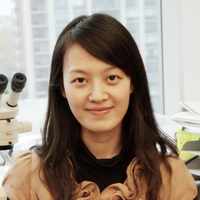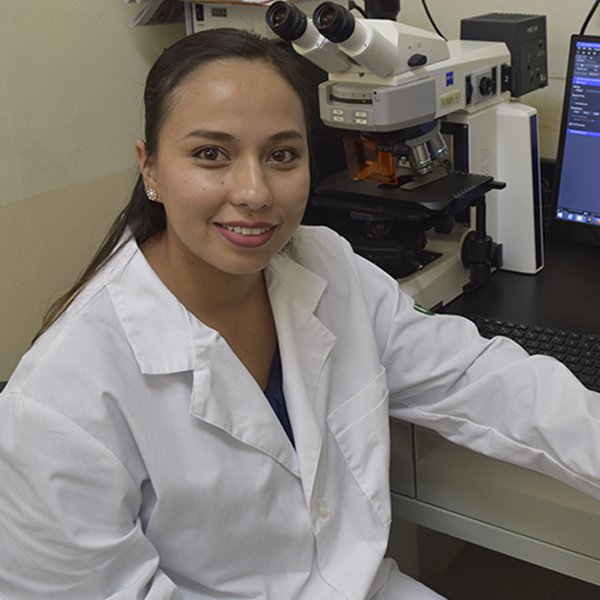Not everyone eats well, either
because they do not want to or because they cannot. Regardless of what each
person decides to consume, in some societies certain diets, which are famous
for their health benefits, dominate, such as the Mediterranean diet. One of its
main components is extra virgin olive oil, which is known as being able to
protect the brain against Alzheimer's disease. Across the pond, the Mexican
diet also has its own traditional health foods, such as black beans and prickly
pear. The problem is that to enjoy their benefits, "the amount that would
have to be consumed every day to obtain an effective dose is too high,"
explains the young Alejandra Chavez.
To prevent people from having to gorge themselves on these foods to improve
their health, the young researcher is working on a way to take advantage of the
compounds, known as flavonoids, that make them beneficial. To this end she has
developed a method which allows them to maintain their beneficial properties
when they are introduced, in appropriate doses, into other foods.
The objective is to produce functional food, enriched with these substances,
and for people, even those with fewer resources, to have access to its
benefits. For these pioneering efforts, Chávez has been selected as one of the
35 Innovators Under 35 Latin America 2017 by the MIT Technology Review, Spanish
edition.
One of the stand-out properties of flavonoids is their ability to reduce the
risk of colorectal cancer due to anti-inflammatory activity. In addition, by
modulating cholesterol transport in the intestine and liver, they help to
control cholesterol blood levels, which is of vital importance in certain
cardiovascular conditions. Thirdly, another benefit is that they can help to
control glycaemia, which is why they could help diabetics.
"Drugs are expensive, not everyone can afford medical treatment,"
laments Chavez. "But you can control your diet and what you eat," she
says. To this end, she not only tries to extract the most beneficial components
of some foods but she also adds them into other traditional foods which are
affordable to most people, such as bread and tortillas. "It would possible
to improve the general state of health and prevent diseases by introducing them
into the foods which are the cheapest and which everyone consumes, since they
are the staples in Mexico" says Chavez.
However the price advantage conflicts with the disadvantage that all of these
are baked goods, which increases the difficulty of enriching them with flavonoids,
because, if these are "directly incorporated, they degrade," explains
the researcher. In her work, Chavez has discovered that during the
nanoencapsulation process of these substances into other natural compounds,
similar to dietary fiber, 90% of the compound incorporated into the dough
before baking remains intact at the end of this process. This nanoencapsulation
also protects the substances from the acidic environment in the stomach, which
means they can effectively reach the colon, where they are absorbed and
directly exert their main anti-inflammatory effect.
Several articles published in scientific journals back the benefits of
flavonoids, while the nanoencapsulation process and its use for the production
of functional foods is pending patent. The next step is to get a company which
produces processed food interested in licensing this process to enrich their
breads, tortillas or cookies.
President of the Suanfarma group and Innovators under 35 Latin America 2017
jury member, Héctor Ara, values "the innovative path undertaken by
Chávez" and her "intense work to create a biodegradable product that
allows the programmed release of bioactive compounds which can be used in
functional food, and is, moreover, very affordable."




